
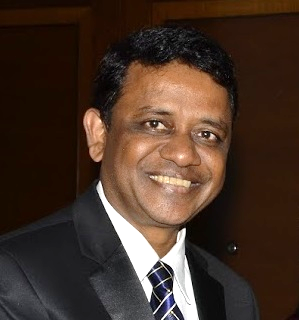
Dr Manoj Gupta was a former Head of Materials Division of the Mechanical Engineering Department and Director designate of Materials Science and Engineering Initiative at NUS, Singapore. He did his Ph.D. from University of California, Irvine, USA (1992), and postdoctoral research at University of Alberta, Canada (1992). He is currently among top 0.6% researchers as per Stanford’ List, among Top 1% Scientist of the World Position by The Universal Scientific Education and Research Network and among 1% among scientists as per ResearchGate. His international rank among Materials Researchers in World is currently at 1305. To his credit are: (i) Disintegrated Melt Deposition technique and (ii) Hybrid Microwave Sintering technique, an energy efficient solid-state processing method to synthesize alloys/micro/nano-composites. He has published over 650 peer reviewed journal papers and owns two US patents and two Trade Secrets. His current h-index is 79, citations greater than 21500 and reads greater than 100,000 (Research Gate). He has also co-authored eight books, published by John Wiley, Springer and MRF - USA. He is Editor-in-chief/Editor of twelve international peer reviewed journals. A multiple award winner, he actively collaborate/visit Japan, France, Saudi Arabia, Qatar, China, USA and India as a visiting researcher, professor and chair professor.
Speech title: To be updated.
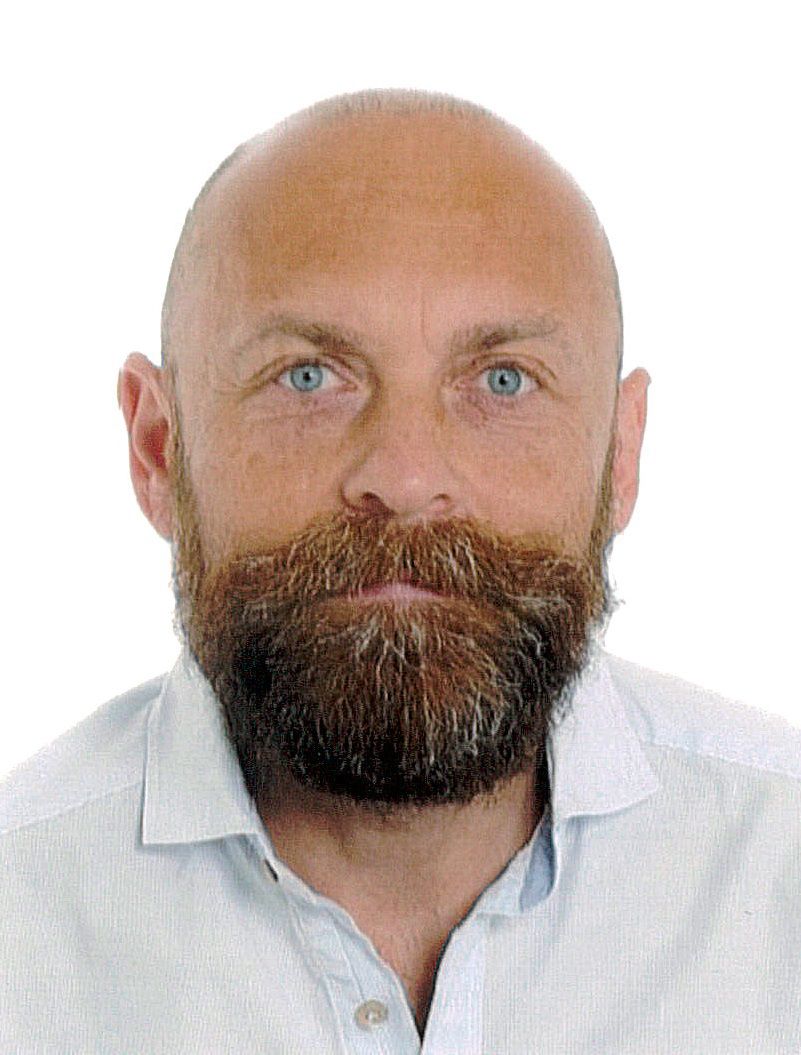
Stefano Mariani received an M.S. degree (cum laude) in civil engineering in 1995, and a Ph.D. degree in structural engineering in 1999; both degrees are from the Polytechnic University of Milan. He is currently a professor at the Department of Civil and Environmental Engineering of the Polytechnic University of Milan. He was a research scholar at the Danish Technical University in 1997, an adjunct professor at Penn State University in 2007, and a visiting professor at the Polytechnic Institute of New York University in 2009. He is a member of the Editorial Boards of Algorithms, International Journal on Advances in Systems and Measurements, Inventions, Machines, Micro and Nanosystems, Micromachines, and Sensors. He has been a recipient of the Associazione Carlo Maddalena Prize for graduate students (1996), and of the Fondazione Confalonieri Prize for PhD students (2000). He has co-authored around 300 journal and conference papers.His main research interests are: the reliability of MEMS that are subject to shocks and drops; the structural health monitoring of composite structures through MEMS sensors; numerical simulations of ductile fracture in metals and of quasi-brittle fracture in heterogeneous and functionally graded materials; extended finite element methods; the calibration of constitutive models via extended and sigma-point Kalman filters; and multi-scale solution methods for dynamic delamination in layered composites.
Speech title: A Generative Deep Learning Framework for Microstructure-Driven Reliability Analysis.
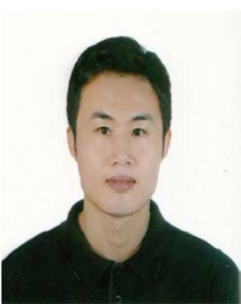
Prof. Yajun Liu was born on September 20, 1974 in Jiangxi, China. Native speaker of Chinese, fluent in English. His Education and Academic Research Experiences is as follows:
December, 2016- Now Professor in South China University of Technology School of Mechanical and Automotive Engineering.
December, 2009- December, 2010. Visiting Professor in Fluid Power Research Center (FPRC) Purdue University at West Lafayette, USA.
Feb, 2005 – July, 2016. Post-doctoral Research Fellow, Tokheim JV company in China.
June, 2002 Ph. D. in Mechanical Engineering. South China University of Technology, Guangzhou,China.
His research interests include Digital signal processing technology and its application in mechanical systems (such as hydraulic System for Energy Saving.); Intelligence control and Manufacturing Engineering. Moreover, Prof. Yajun Liu has published more than 250+ papers in Journals and proceedings of international conferences. 35+ patents on Mechanical System design and manufacturing.
Speech title: Neural Network Agent Model for Hydraulic Impact Hammer.
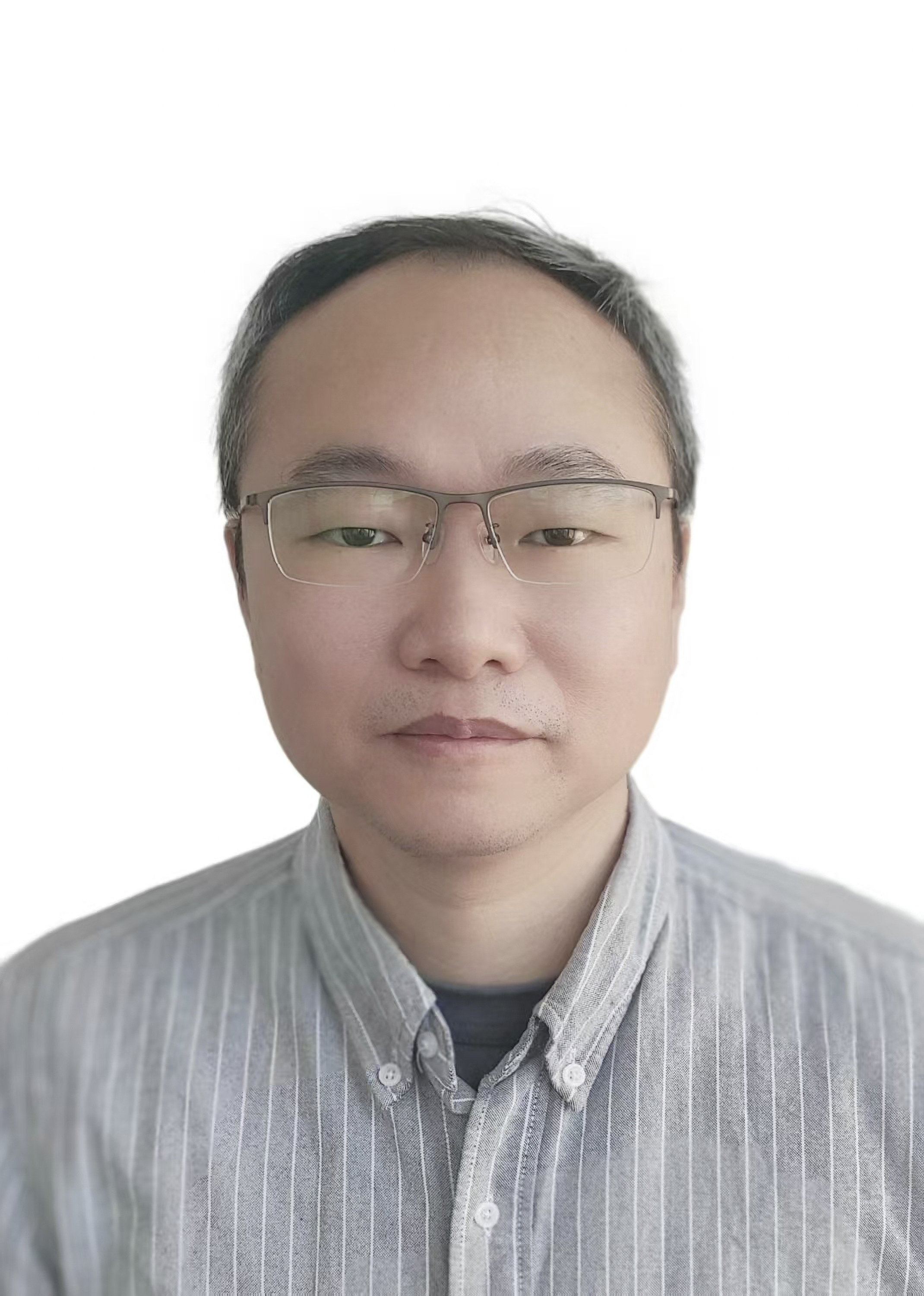
Peng Zhou is currently an associate professor of the department of Mechanics in Harbin Institute of Technology, China. He obtained both his B.S. and M.S. degree in MSE from Tsinghua University, PRC and his Ph.D. degree in Engineering Physics from UVA, USA. He was once a visiting assistant professor at the Math department of UC, Irvine, USA. His major research interest is in the field of computational mechanics and materials science. Of particular interests are simulations of piezoelectric MEMS sensors and energy harvesters, and phase transformations at the interfaces of interconnects and solders under the influence of electromigration, thermomigration and elastic stresses. His important research work include the analysis of the coupling effects between elastic and electromagnetic fields from the perspective of conservation of energy; discussion on the mechanism of electromigration from the perspective of electromagnetism; and analysis of the growth behaviors of intermediate phases under the Influence of electromigration at the interfaces of solder joints in electronic circuits.
Speech title: Discussion on the mechanisms of energy conversion in three types of electro-mechanical coupling effects.
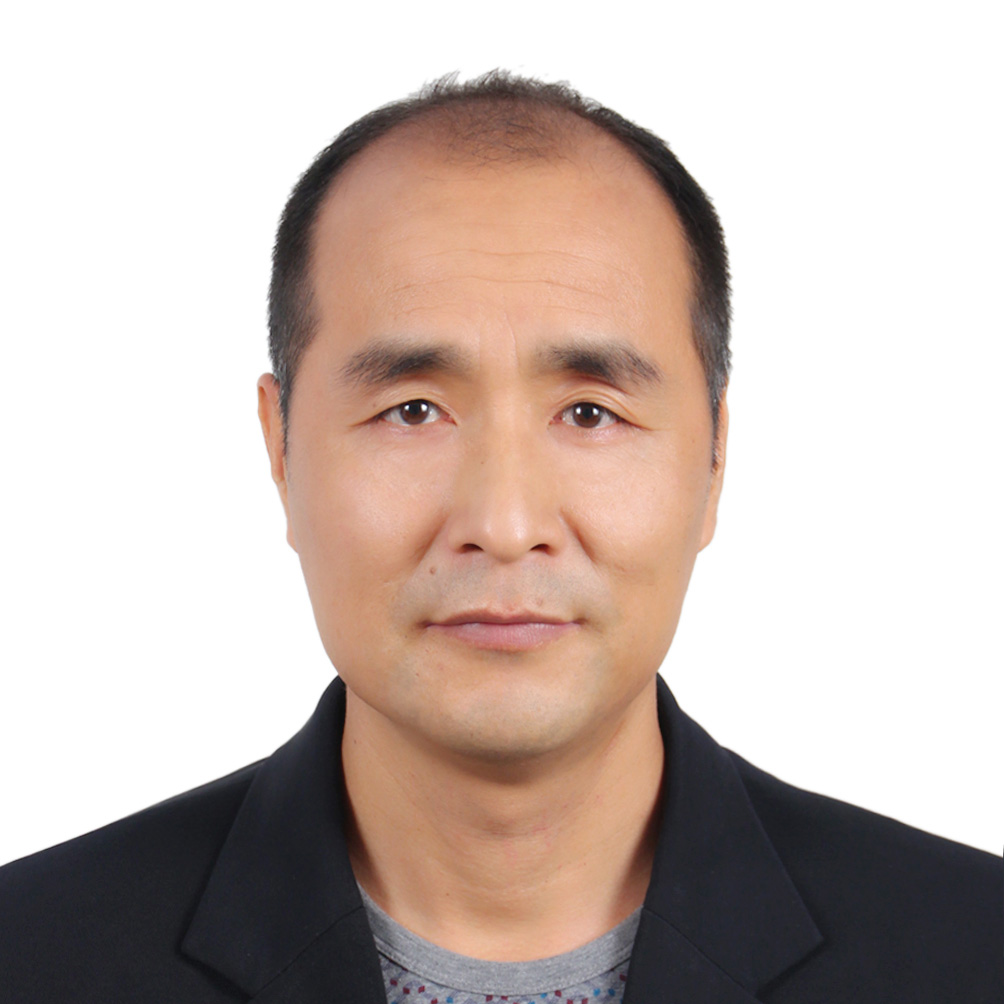
Lixin Zhao is professor and master’s supervisor of Hebei University of Engineering. He received the Ph.D. in Mechanical Engineering at China University of Mining and Technology (Beijing). He has been visiting scholar at the University of Delaware. His researches focus on the areas of rare-earth permanent magnetic materials, cermet, nanoparticle growth and composite materials.
Speech title: Hot-extrusion technology and magnetic properties of Nd-Fe-B permanent magnetic rings.